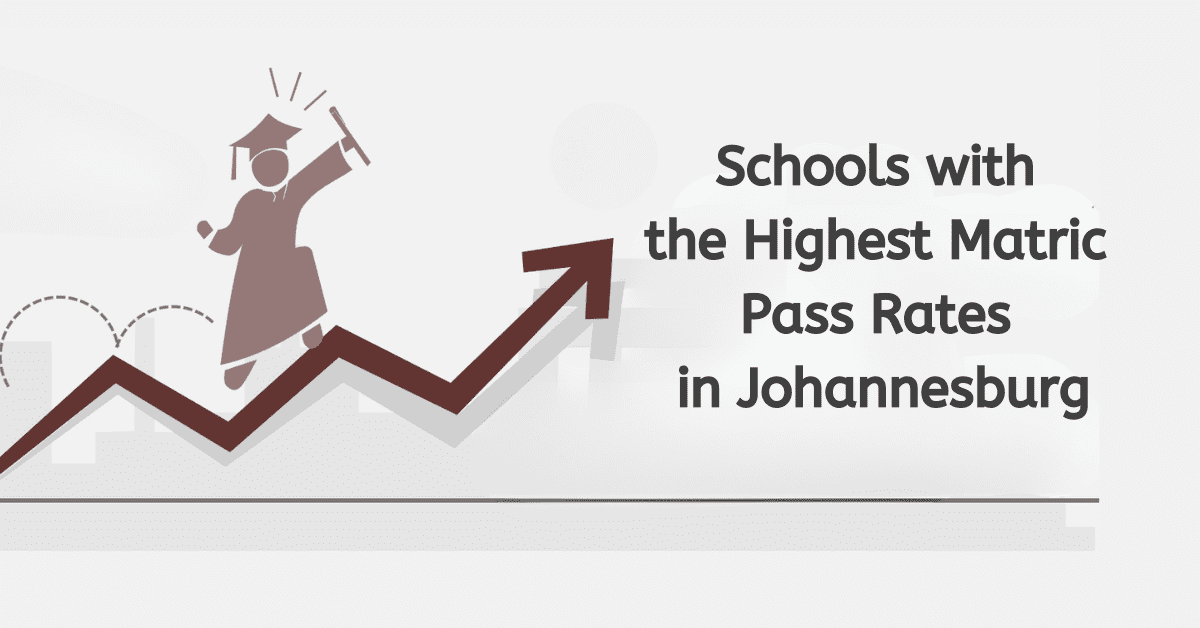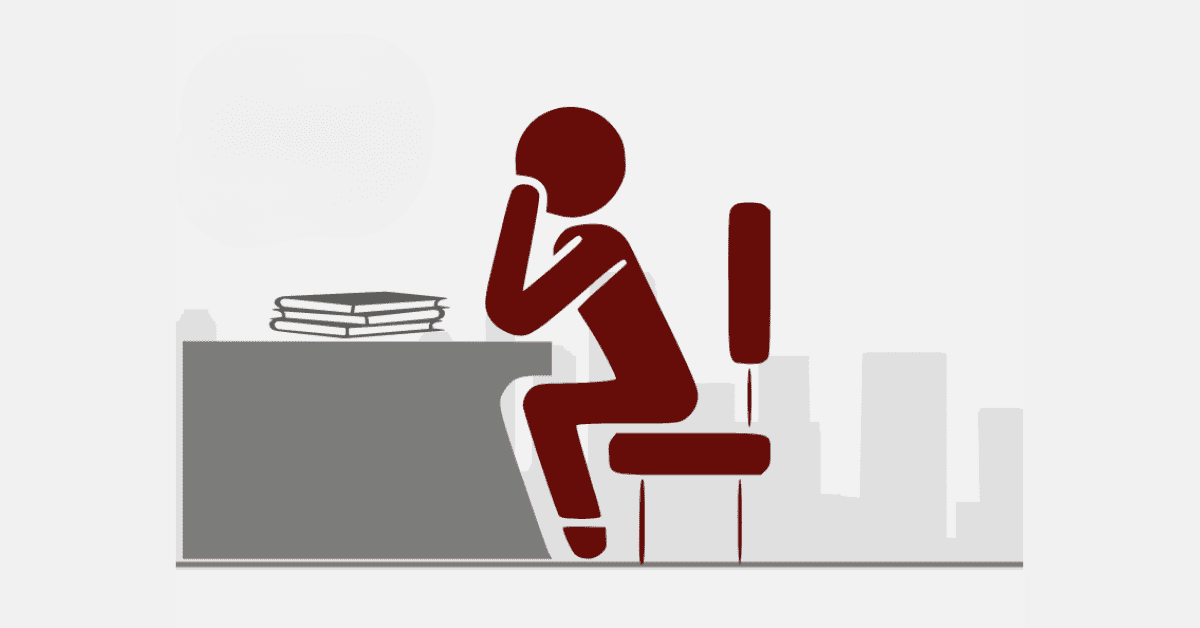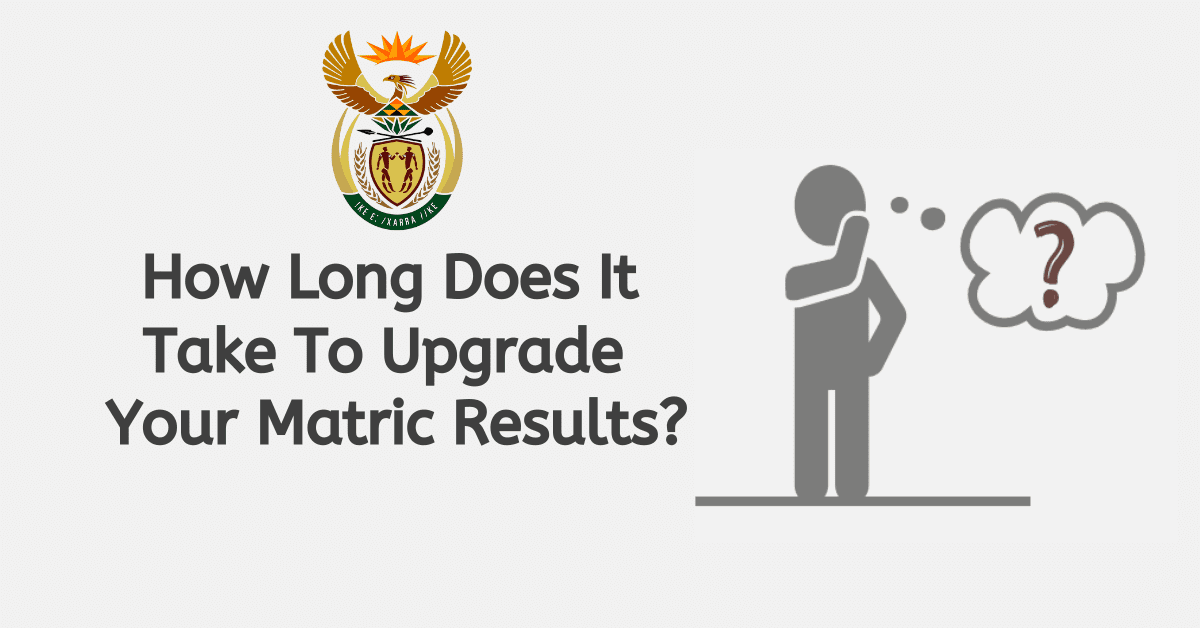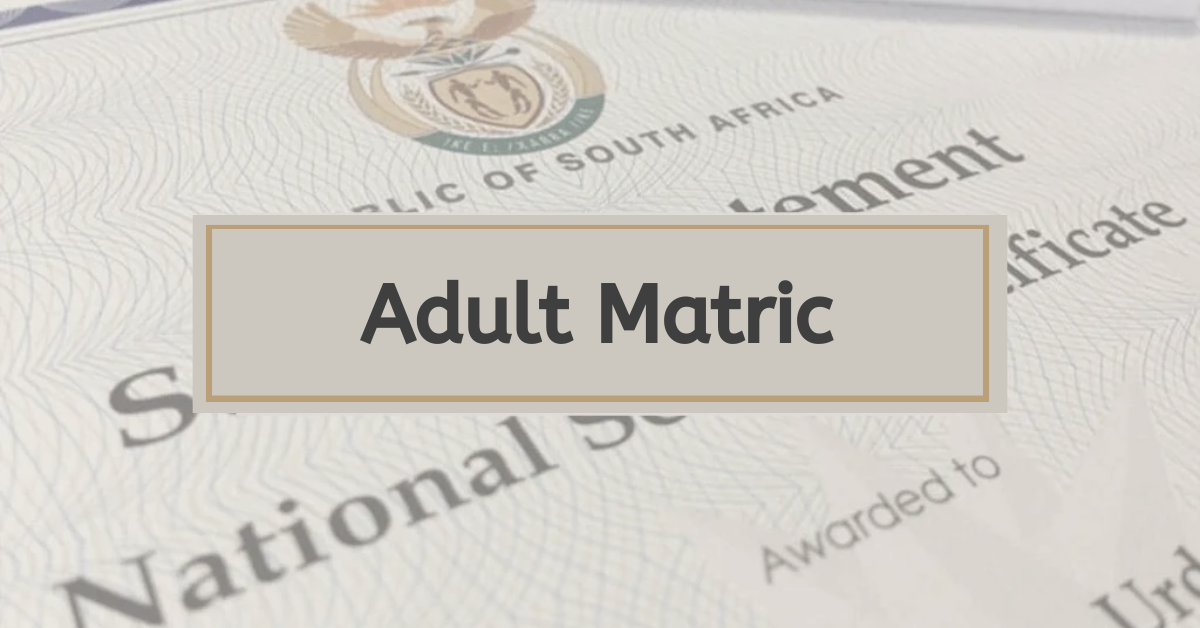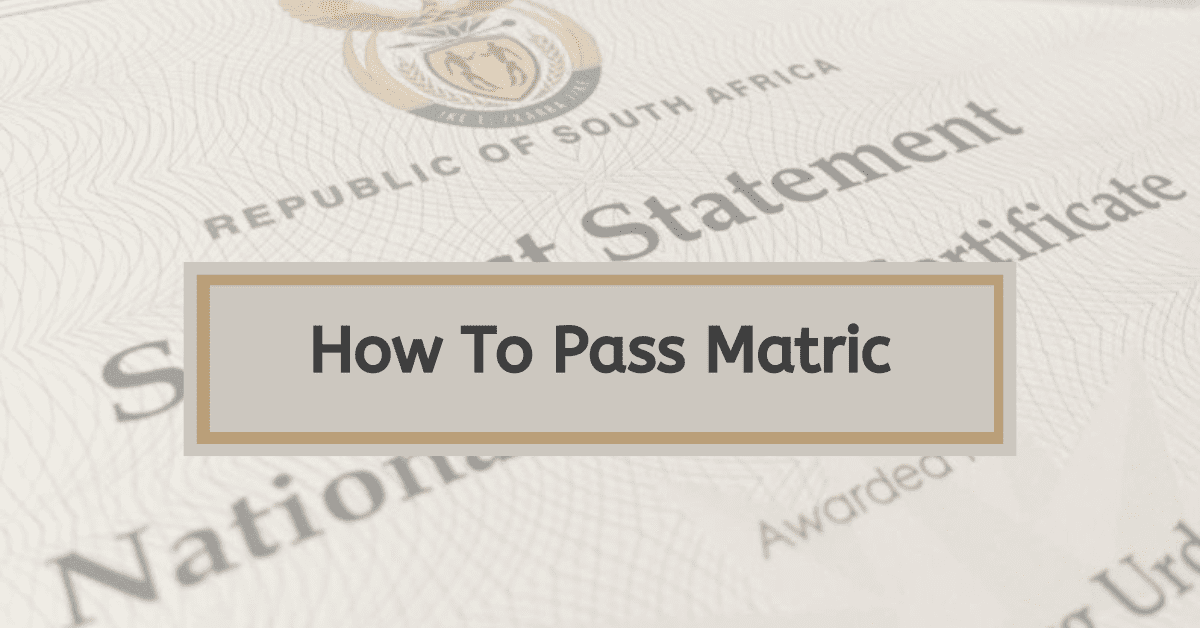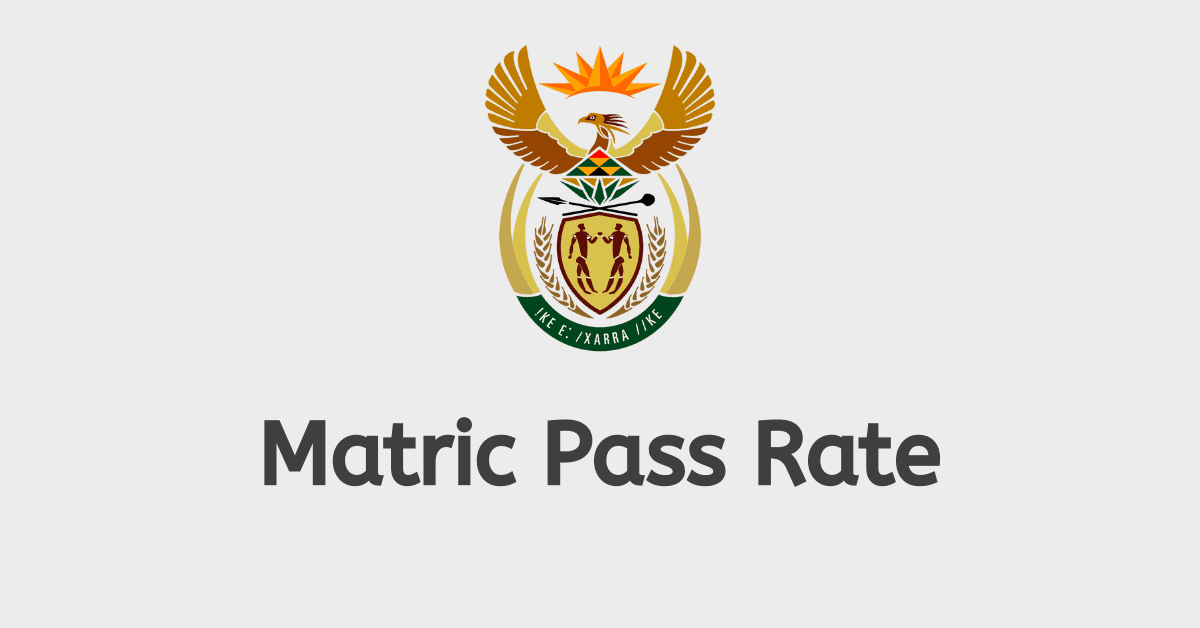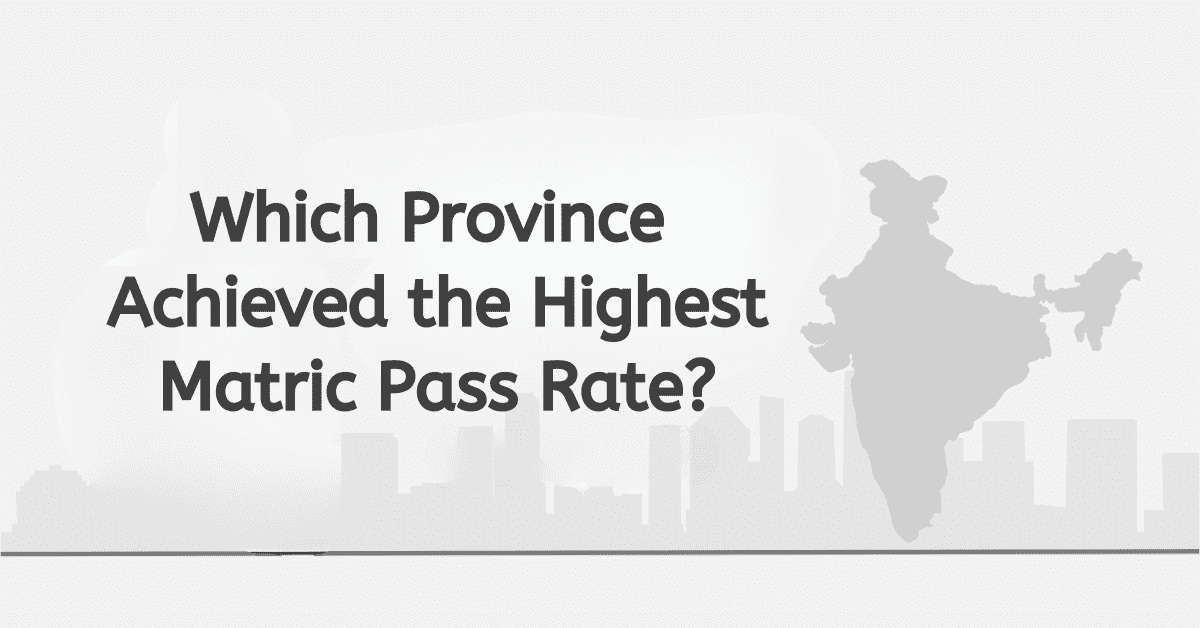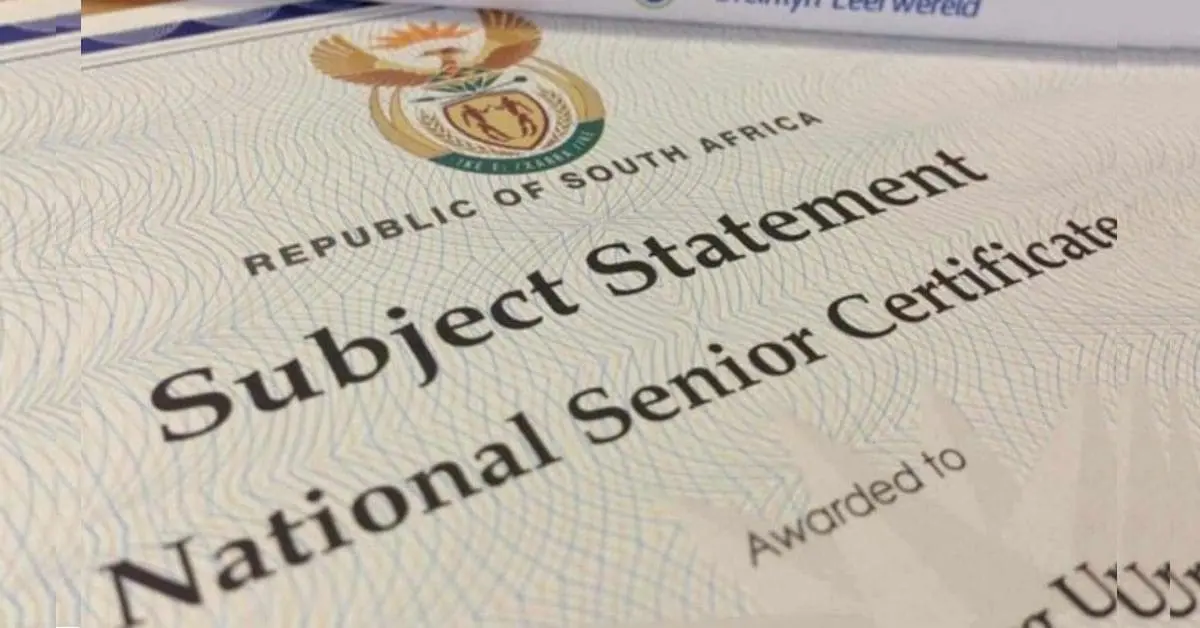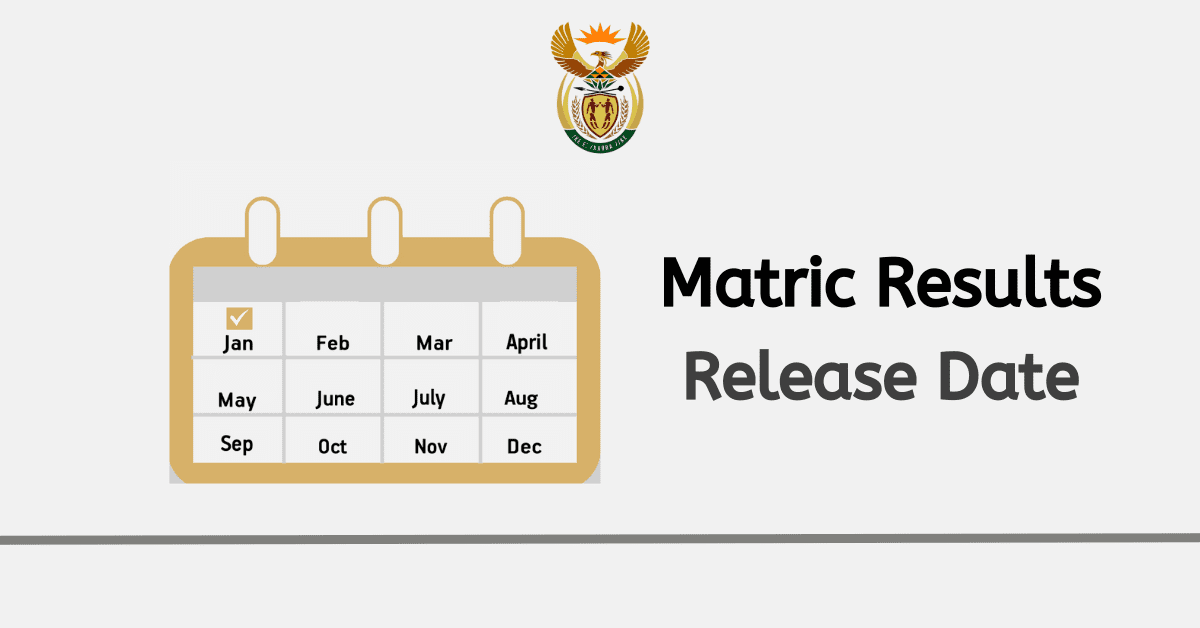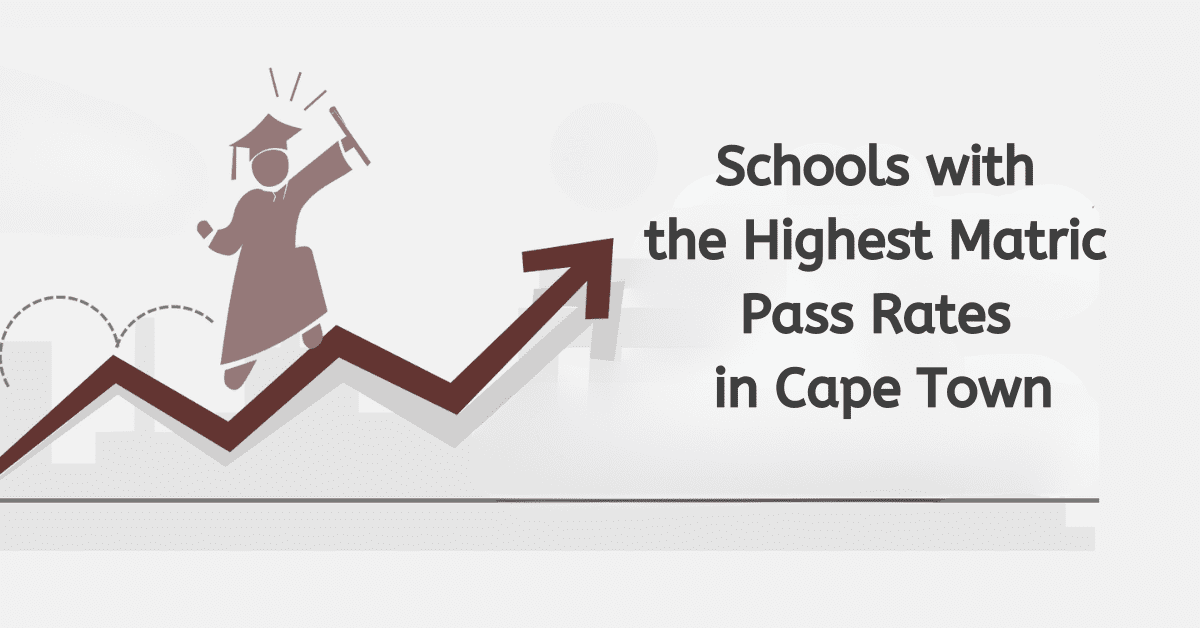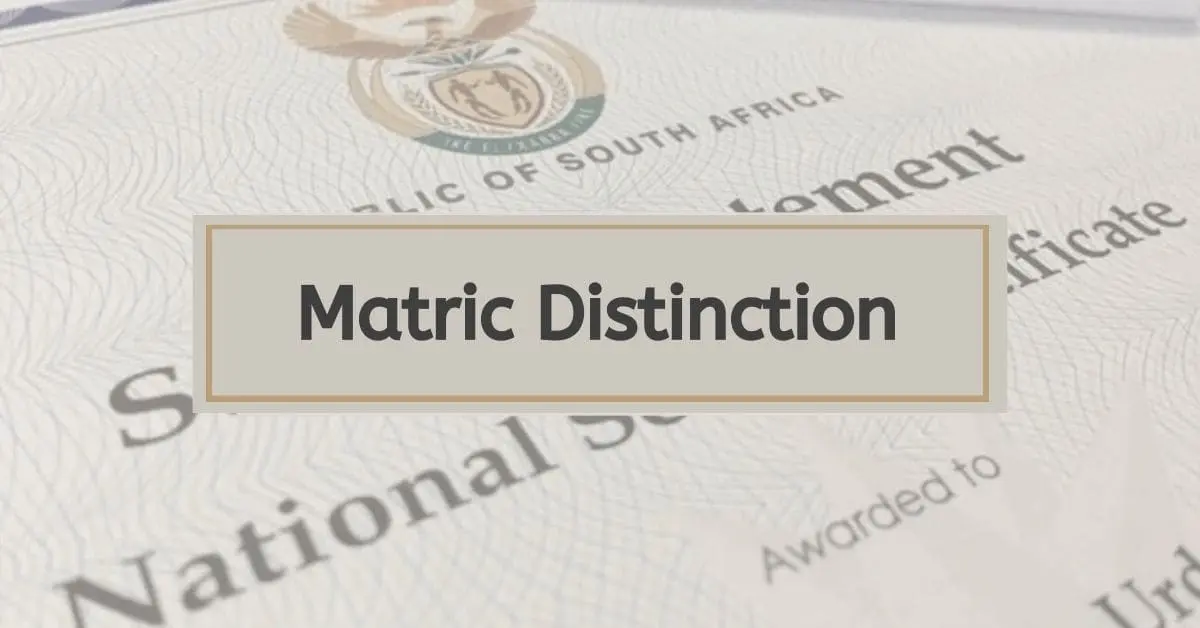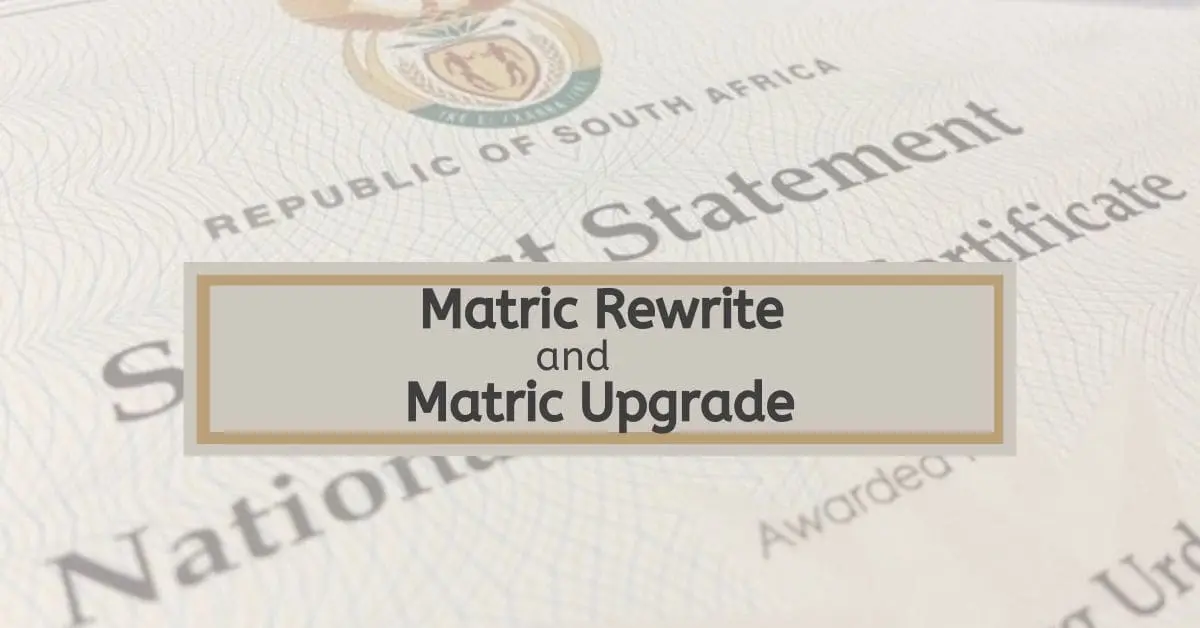If you’re feeling like not having a Matric certificate is a major roadblock for you in pursuing higher education or better job opportunities, think again! Luckily, the decisions you made and circumstances you faced in your last year of high school don’t have to define your academic and professional goals forever. One way to continue your higher education even without a matric is through the training programs offered by the Institute of Certified Bookkeepers, or ICB.
They offer courses focused on bookkeeping/finances, office administration, and business management. They also offer bridging courses to help you better align your academic performance with their courses if you can’t directly start with their NQF 3 programs. Let’s take a look.
What is a Bridging Course?
A Bridging Course is a common term for specialized educational programs that will give academic underacheivers the necessary knowledge and skills to ‘bridge the gap’ between their current qualifications and those of their desired academic/career path. They are mostly used by those who didn’t complete their high school education or who lack specific subject prerequisites for the courses that interest them.
Who is the ICB Bridging Course for?
The ICB Bridging Course is aimed at individuals who do not have a Matric certificate but wish to pursue a career in the fields they cover- accounting, business management, and office admin. It serves as a foundation to prepare you for further studies in their programs. If your current academic qualifications don’t meet the academic minimums for the ICB’s courses directly, the bridging course will help you get there.
If you have completed Grade 10 or 11 and did not attain a Matric certificate, the ICB Bridging Course will be an excellent starting point for your new career. It could also be valuable for those who are changing career paths and didn’t take finance/business-related subjects on their initial matric.
What are the Requirements for an ICB Bridging Course?
While you don’t need a Matric certificate for the ICB bridging course, there are some requirements as follows:
- Applicants must be at least 16 years old.
- A minimum of Grade 10 is recommended, as the course covers foundational mathematical and communication skills.
- Basic proficiency in English is essential, as the course materials and assessments are in English.
- Some familiarity with computers and common software applications will help. These skills are very important in the financial sector.
To enroll in the ICB Bridging Course, you’ll need to register as a student with the ICB, which will involve a registration fee. You can do their bridging course as self-study (i.e. directly with them). Alternately, look for an institution that offers study support for their courses.
Benefits of the ICB Bridging Course
The ICB Bridging Course offers some advantages for people looking to gain ICB qualifications or simply better their career prospects.
- It provides an alternative pathway to gaining the foundational knowledge needed for a financial career, even if you did not complete Matric.
- The course serves as a solid foundation for progressing to higher-level ICB qualifications.
- The course content will introduce you to industry standards, equipping students with practical skills that are relevant to real-world financial roles they might want to pursue.
- Many institutions offer the ICB Bridging Course through distance learning or part-time study, allowing students to balance their education with work or other commitments.
Of course, successful completion of the ICB Bridging Course opens up various entry-level positions in bookkeeping and finance as you study further, too, enhancing your employability from the start.
Other Alternatives to Consider
While the ICB Bridging Course is an excellent option for those interested in ICB qualifications and the wider financial/business sector, there are other alternatives to consider if you don’t have a Matric but are looking to upskill yourself for the workplace.
- Adult Matric: If you are determined to obtain a Matric certificate, adult Matric programs are on offer for those who did not complete high school. You need to be 21 or older to do an Adult Matric.
- Vocational Training: Vocational training and TVET colleges offer a range of courses and certifications in various fields. These programs often have flexible entry requirements and emphasize practical skills. Some may have bridging programs of their own.
- Online Courses: There are many online courses and certifications available in a wealth of topics, including the financial and business environment. These can be an excellent way to acquire skills and knowledge without needing a Matric certificate.
- Work Experience: In some cases, gaining practical work experience in a financial or bookkeeping role can lead to career advancement without formal qualifications. You may consider starting in an internship or entry-level position and working your way up through on-the-job training if the company is willing to take the risk of hiring and training you.
The ICB Bridging Course is fantastic for those who want to pursue financial-focused careers but do not have a Matric certificate. It provides a solid foundation of knowledge and skills, opening doors to entry-level positions and further studies with the ICB. Remember, with determination and the right choices, you can succeed in your chosen career path even without a formal Matric certificate- or even get your Matric as a late-in-life learner!
